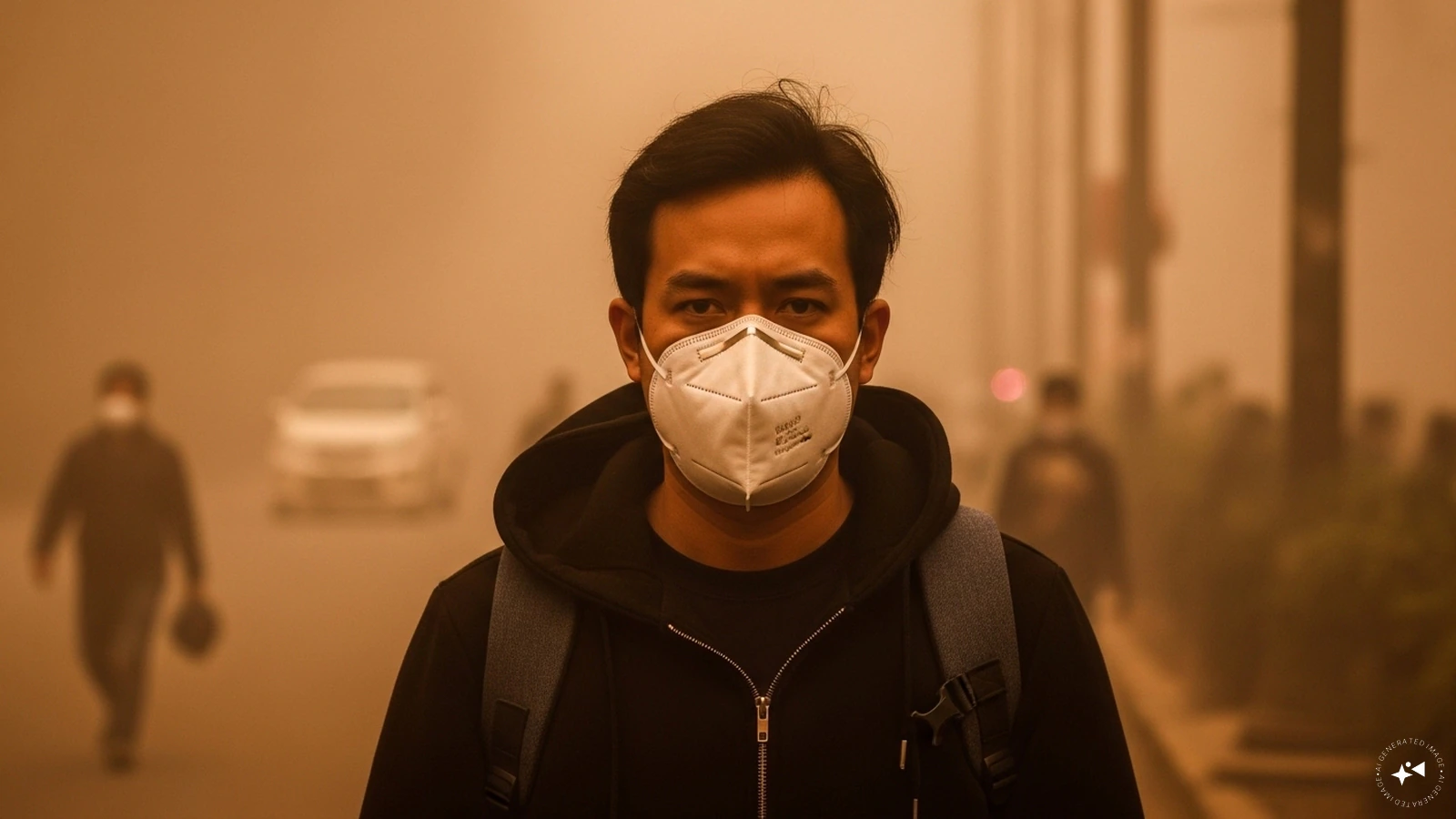Copyright news18

As temperatures drop, air quality often deteriorates due to specific weather patterns and seasonal behaviours. Dr Sandeep Nayar, Principal Director & HOD – Chest & Respiratory Diseases, BLK-Max Super Specialty Hospital, says, “The winter months present multiple health challenges for individuals with compromised lung function, especially those suffering from COPD.” Chronic Obstructive Pulmonary Disease (COPD) symptoms tend to worsen during winter because of increased air pollution and exposure to cold air. “Winter pollution aggravates COPD symptoms due to a combination of cold, dry air, higher indoor pollutants from heating, and stagnant air that traps smog,” explains Dr Nayar. This combination can intensify breathlessness, persistent coughing, and increase the risk of respiratory infections. Cold air irritates and constricts the airways, triggering bronchospasms and leading to greater breathlessness. Moreover, both cold temperatures and air pollution weaken the respiratory system, heightening vulnerability to infections like pneumonia and bronchitis. “The effects of poor winter air quality on lung health can be particularly concerning,” says Dr Nayar, “as pollutants such as particulate matter, nitrogen dioxide, and volatile organic compounds can cause airway inflammation and exacerbate respiratory conditions.” To minimise risk, Dr Nayar advises COPD patients to stay indoors as much as possible, especially when pollution levels are high. Proper ventilation is crucial to circulate fresh air and reduce indoor air pollutants. Installing air purifiers with HEPA filters can help remove airborne particles and improve indoor air quality. He further recommends, “Drink plenty of fluids to keep your airways moist, and prefer indoor exercises to avoid cold-air exposure that can worsen symptoms.” When stepping outdoors, patients should cover their mouth and nose with a scarf or mask to warm the air before it enters the lungs. Continuing prescribed medications is also critical. “Even if you’re symptom-free, never stop your COPD medication unless advised by your physician,” emphasizes Dr Nayar. Since several viral infections are prevalent during this season, he strongly advises getting the annual flu vaccine and ensuring that other adult vaccines are up to date. In conclusion, Dr Nayar reiterates that proactive care and environmental awareness are essential. “Winter can be a tough time for COPD patients, but with proper precautions and adherence to medical advice, complications can be significantly reduced.”



